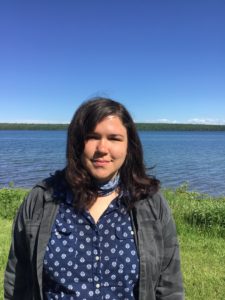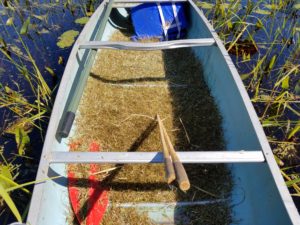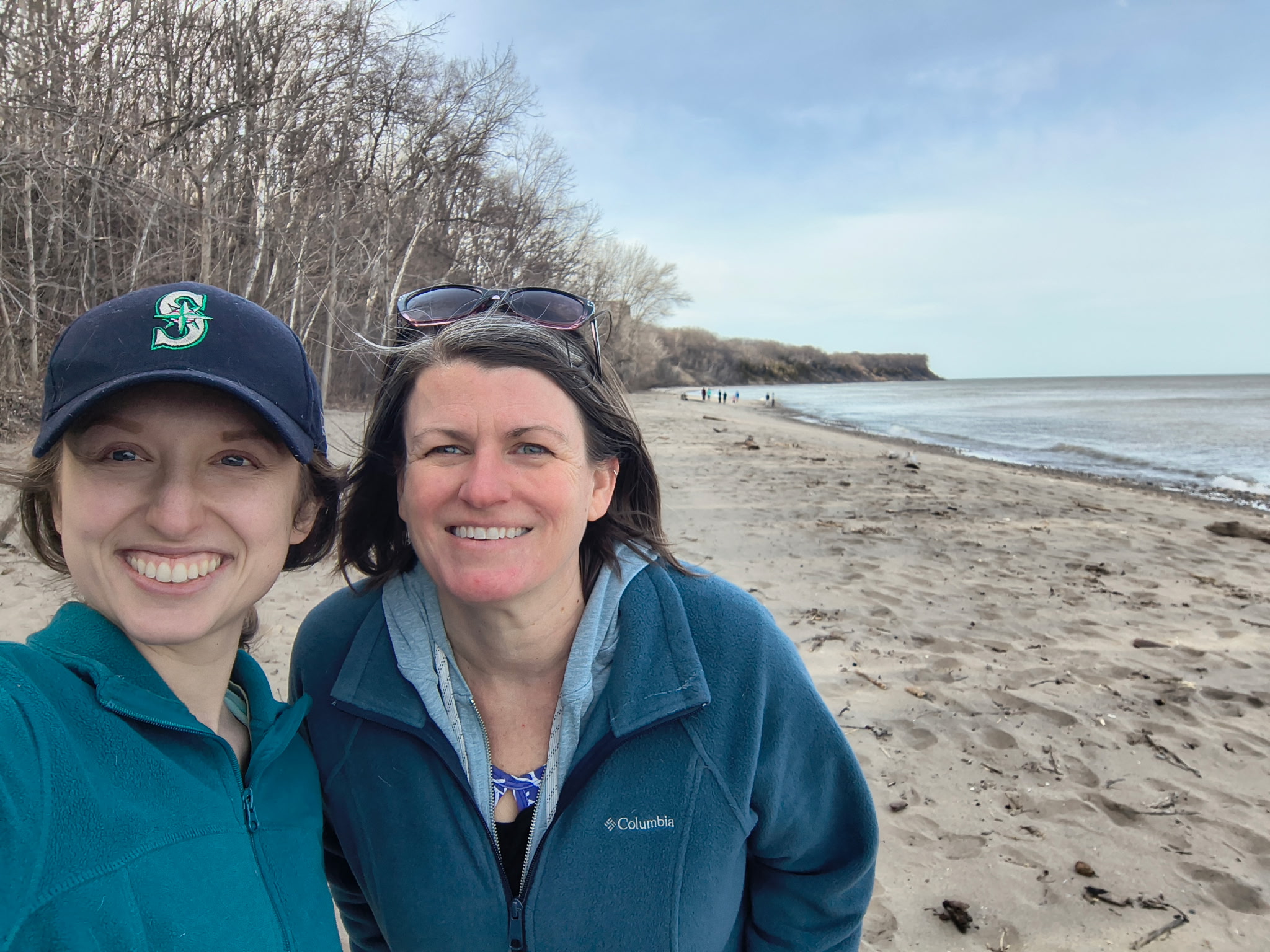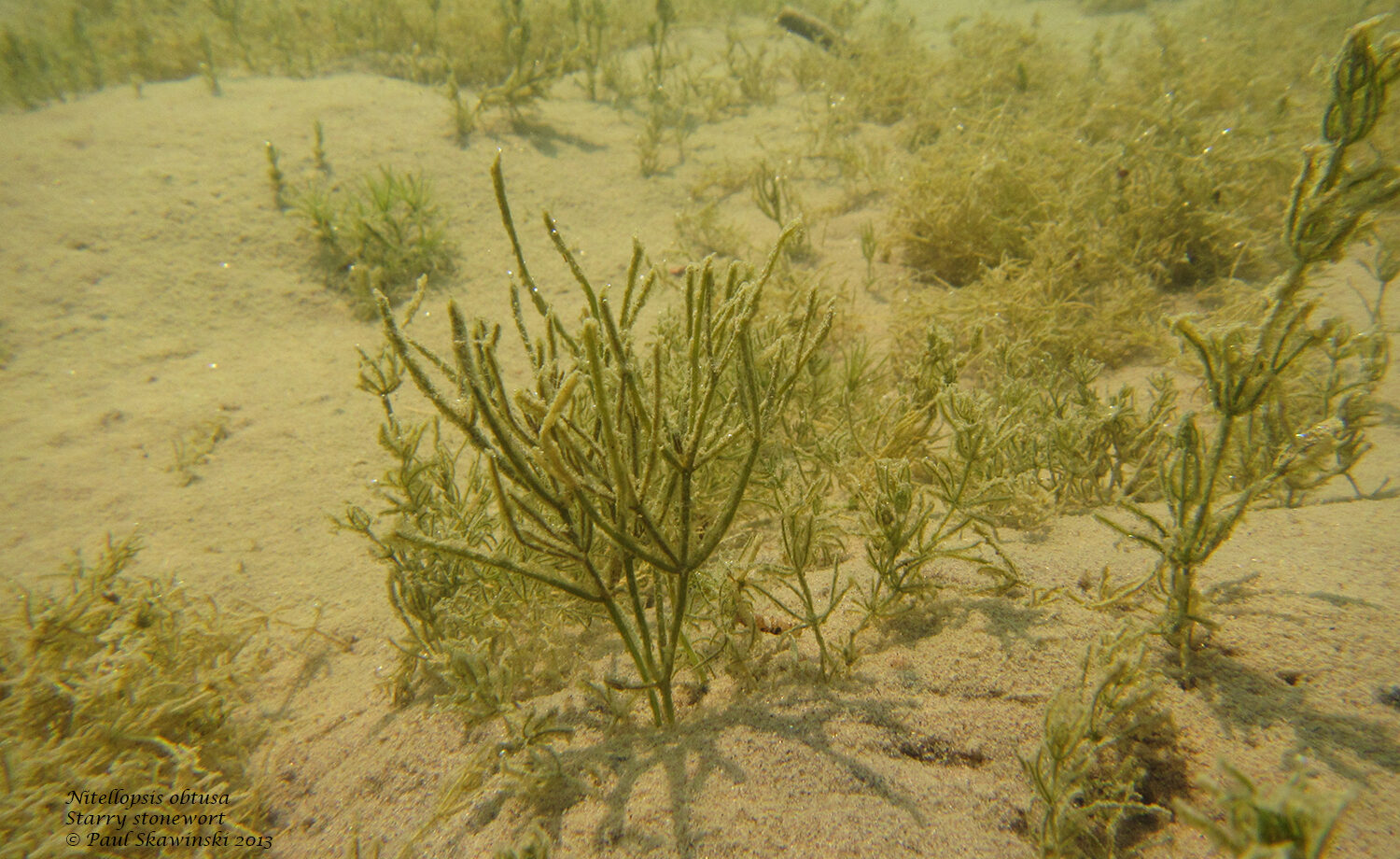
Sarah Dance
Sarah Dance, a Ph.D. student at the University of Wisconsin-Madison, was recently awarded a Baldwin Wisconsin Idea Endowment grant to fund research into wild rice in Wisconsin.
When her advisor, Matthew Ginder-Vogel, assistant professor in the Department of Civil and Environmental Engineering at UW-Madison, discovered the project was awarded $120,000 for two years, he said, “I was over the moon. I’m really happy to have a great combination of student interest and funding all come together at the same time. You always hope it will, so it’s a great feeling when it works out that way.”
Wisconsin Idea grants are designed to support community-based research, among other things. This project fit the bill. Titled, “Culturally Relevant Wetland Research and Outreach for Wisconsin Native Nations,” Dance’s project involves working with tribal members across Wisconsin to investigate environmental issues that are impacting their wild rice beds. The Ojibwe word for wild rice is manoomin.
“Manoomin is really sensitive to environmental changes,” Dance said. “We’ve seen a dramatic decline, especially within Wisconsin. A lot of studies point to climate change and land development. In Minnesota, sulfide mining is a huge issue. Sulfates have a huge impact on manoomin populations. But there’s also a lot of other questions that haven’t been researched. Some of those include looking at heavy metal impacts — particularly mercury impacts — and organic matter additions. As I’ve been working with these tribes, I’ve leaned that every one has a different issue they think is impacting their beds.”
Dance is a native herself. A member of the Lumbee Tribe in North Carolina, she is one of a handful of Native American students in the College of Engineering. Ginder-Vogel said that her project is a good example of efforts to involve native communities in research and outreach.
“I think this project is really cool because it provides a chance for place-based learning and research that is going to be relevant and exciting to tribal folks who want to do science that matters for their community,” he said.

A canoe filled with wild rice — along with the knockers used to harvest it — after a ricing trip on the Lac du Flambeau Reservation. Photo courtesy of Sarah Dance.
Her project involves planting experimental buckets of wild rice near the Menominee, Lac du Flambeau and Lac Courte Oreilles reservations to simulate various environmental conditions. Native students will also be encouraged to work in science with opportunities to collect wetland sediment, water and plant samples for processing. Eventually, the tribes will be able to use the bucket experiments for tribal-led research projects.
Dance’s research dovetails a National Oceanic and Atmospheric Administration-funded project that is working to develop a manoomin toolkit that Lake Superior tribes can use for outreach purposes. Wisconsin Sea Grant Social Scientist Deidre Peroff is leading the project in Wisconsin. That project is fostering a regional network of partners that involves tribes, government, university and community representatives.
The educational toolkit will focus on increasing awareness about wild rice and provides guidance on how to protect and restore it. The kit will be disseminated at local and regional events. Also, an online database of resources will be created about the cultural and regional significance of wild rice, harvesting procedures, and its ecological functions and importance. The database will provide links to commercial distributors, and current research and outreach projects.
That two-year project is in its last year. Dance, who has been helping with the outreach project to establish relationships with tribal members, said her Wisconsin Idea research project will extend for another two years. “Based on the work I’ve been doing with Deidre, I’ve learned that making the time to go up north and spend time with the tribes and go to different community events is really critical to building trust and relationships,” Dance said. “Now we are at the point where we know enough people to do the work.”
Dance plans to use this knowledge to give back to her tribe in North Carolina. “I want to bring another educated voice to the table to negotiate our community involvement in environmental research and policy decision-making,” Dance said.
“By gaining all the experience, this project is going to set her up wonderfully to go home and be a professor and tribal environmental officer,” Ginder-Vogel said.





